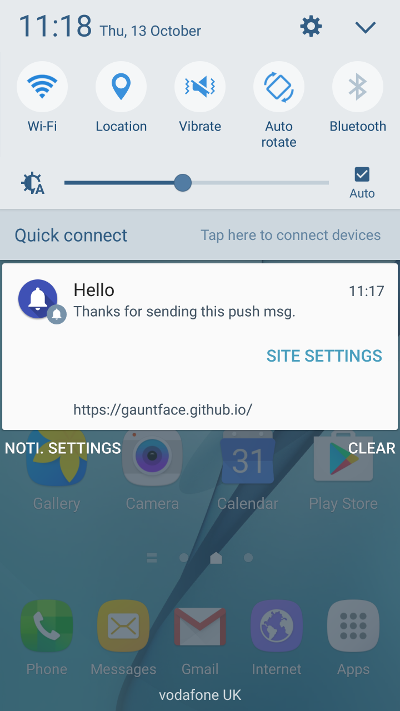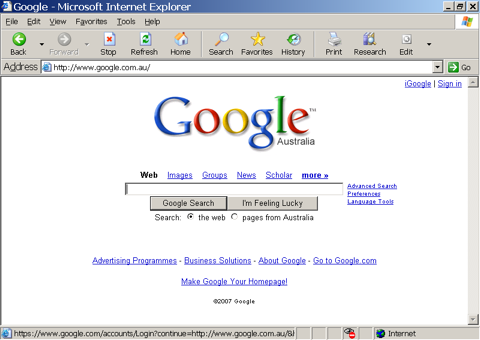Is “browser” still the right word?
With the rise of progressive web app technologies, web browsers are more capable than ever. So much so, that the word “browser” doesn’t really fit anymore.

Image by Descrier
“Browser” made sense up until recently. Web pages were largely content-based and navigating around was largely based on typing URLs or clicking hyperlinks. Mostly, browsing was exactly what we would do. We might stay within one website for a while, but essentially we’d be browsing through a series of transient views, within a single application: the browser itself.
Browsing isn’t going away. URLs and tags are a fundamental part of the web — something we should cherish and ensure we never break. However, the web is now capable of much more too. It’s capable of full-blown applications; ones that can be launched standalone, outside of the browser frame. Technologies such as the Notifications API and Push API are also helping to push the web outside of the traditional confines of the browser. The ways in which we can reach our users via web technologies is growing.

Paul Kinlan discussed this idea in his talk and article on the “Headless Web”. Soon our users may only infrequently interact with our web page inside an actual browser. A user could just visit our actual web page once, but establish a long-term engagement with us via contextual notifications.
There are a number of recent APIs that are helping to fuel this. Service Workers are enabling our apps to break outside of the usual confines of the browser, giving developers the power to intermediate between the client and the Internet beyond. WebVR is extending the browser out into a fully immersive experience, allowing us to feel as though we’re inhabiting the web as a virtual environment. The Physical Web and Web Bluetooth are even starting to push the capabilities of the web out into the physical world around us. The Web is spreading far beyond the browser frame.
A term that perhaps came close to fitting with this idea is “Web Runtime”, but that has connotations of using web technologies inside a native wrapper. Instead, progressive web apps are the web. “User agent” is perhaps the most appropriate term we have right now, but not one that I can see catching on in the public consciousness.

Image by Joshua Nunn
The term “browser” comes with decades of baggage and connotations. People have an image in their heads of what a browser looks like — and what they use it for. “Progressive Web Apps” has in some ways rebranded what people previously encompassed (rightly or wrongly) as “HTML5”. I think that’s a good thing. Perhaps it’s time to rebrand “browser” too.
What do you think? Do we need a new term for the user agents that enable all of this? What could we use instead?
Tagged in Web Development, Browsers, Web, Progressive Web App
